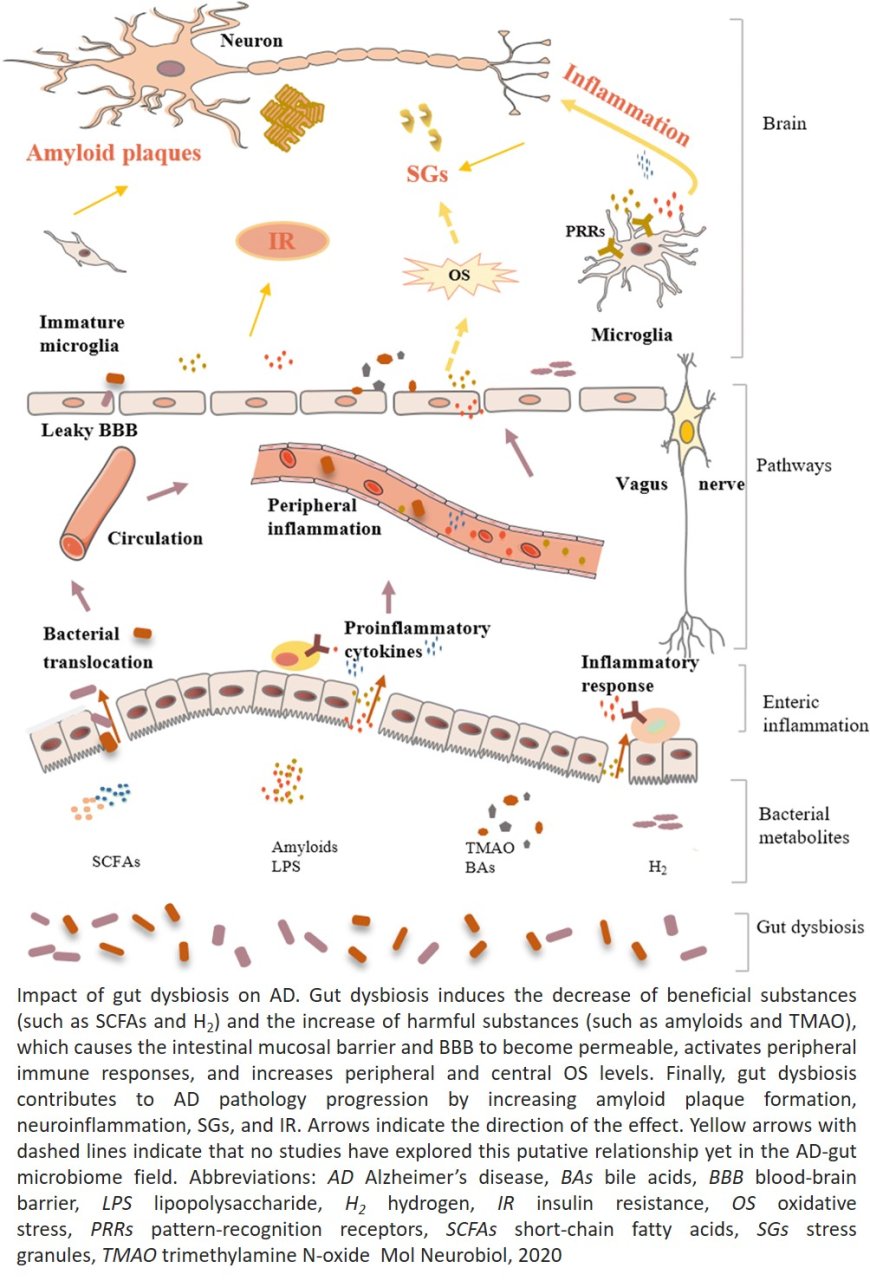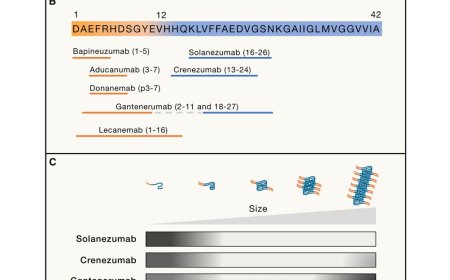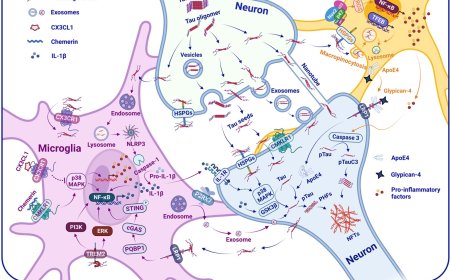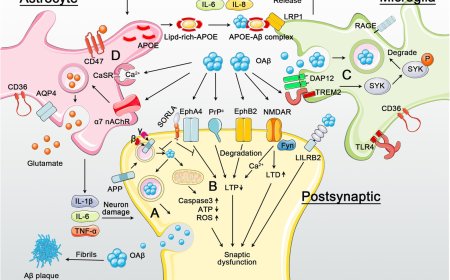Gut microbiota and Alzheimer’s disease

The gut microbiota plays a crucial role in maintaining overall health, and research has shown that it may also be involved in the development and progression of Alzheimer's disease (AD). Here are some key findings:
Gut Microbiota Composition in Alzheimer's Disease
1. Dysbiosis: Studies have shown that individuals with AD have altered gut microbiota compositions, characterized by reduced diversity and an imbalance of certain bacterial species.
2. Increased Firmicutes and decreased Bacteroidetes: Research has found that individuals with AD tend to have increased levels of Firmicutes and decreased levels of Bacteroidetes.
Mechanisms Linking Gut Microbiota to Alzheimer's Disease
1. Modulation of the gut-brain axis: The gut microbiota produces metabolites and neurotransmitters that can influence brain function and behavior.
2. Inflammation and immune system activation: An imbalance of the gut microbiota can lead to increased inflammation and immune system activation, which may contribute to AD pathology.
3. Production of amyloid-β: Certain gut bacteria, such as Escherichia and Bacillus, can produce amyloid-β, a protein that accumulates in the brains of individuals with AD.
Potential Therapeutic Strategies
1. Probiotics and prebiotics: Supplementing with probiotics and prebiotics may help restore balance to the gut microbiota and improve cognitive function.
2. Dietary interventions: Eating a diet rich in fruits, vegetables, and whole grains may help promote a healthy gut microbiota.
3. Fecal microbiota transplantation: Transplanting fecal microbiota from healthy individuals into those with AD may be a potential therapeutic strategy.
Current Research Directions
1. Longitudinal studies: Researchers are conducting longitudinal studies to investigate how changes in the gut microbiota over time relate to AD progression.
2. Mechanistic studies: Scientists are exploring the mechanisms by which the gut microbiota influences AD pathology, including the role of metabolites and neurotransmitters.
3. Personalized therapies: Researchers are working to develop personalized therapies based on an individual's unique gut microbiota composition and needs.
https://link.springer.com/article/10.1007/s12035-020-02073-3
https://sciencemission.com/Gut-Microbiota-and-Dysbiosis-in-Alzheimer%E2%80%99s-Disease













